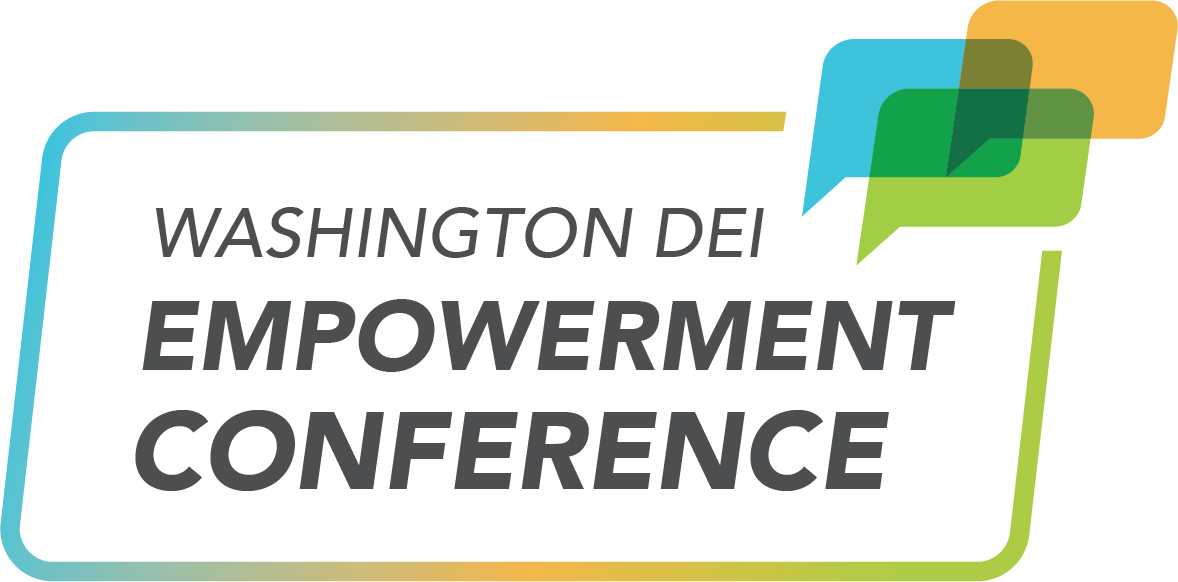DEI Empowerment Conference
Who We Are
We are Washington State employees from various agencies. We are committed to developing and maintaining a public workforce that provides equitable access, meaningful services, and improved outcomes for all citizens including our state employees.
What We Do
We come together to plan and facilitate the annual DEI Empowerment Conference. Our goal is to create a space for learning. We create opportunities to explore ideas of equity, belonging, and anti-racism. We create a space for those with lived experience to share with government employees. We will seek to continuously improve and find ways to better meet the accessibility and content needs of state employees.

The goal of the conference is to foster a culture, systems, and practices that prioritize inclusion and belonging in our state workforce. Sessions highlight lived experience and ideas for creating inclusive Washington communities and workplaces.
2026 DEI Empowerment Conference
The 2026 DEI Empowerment Conference theme is Belonging and Home: Exploring Equity Through Location and Migration.
How does location and mobility intersect with equity? How can we build environments where everyone can thrive – no matter where home is or where you’ve been?
This year’s conference will examine how equity is shaped by where we live and the paths we’ve traveled. We’ll navigate urban, rural, migratory, and other geographic contexts. And we’ll consider how place and movement impact opportunity, access, and belonging.
The conference is conducted live on Zoom over the first two Wednesdays and Thursdays in June. Each virtual presentation will be scheduled on one of the following dates: June 3, June 4, June 10, or June 11.
Registration opens in May.